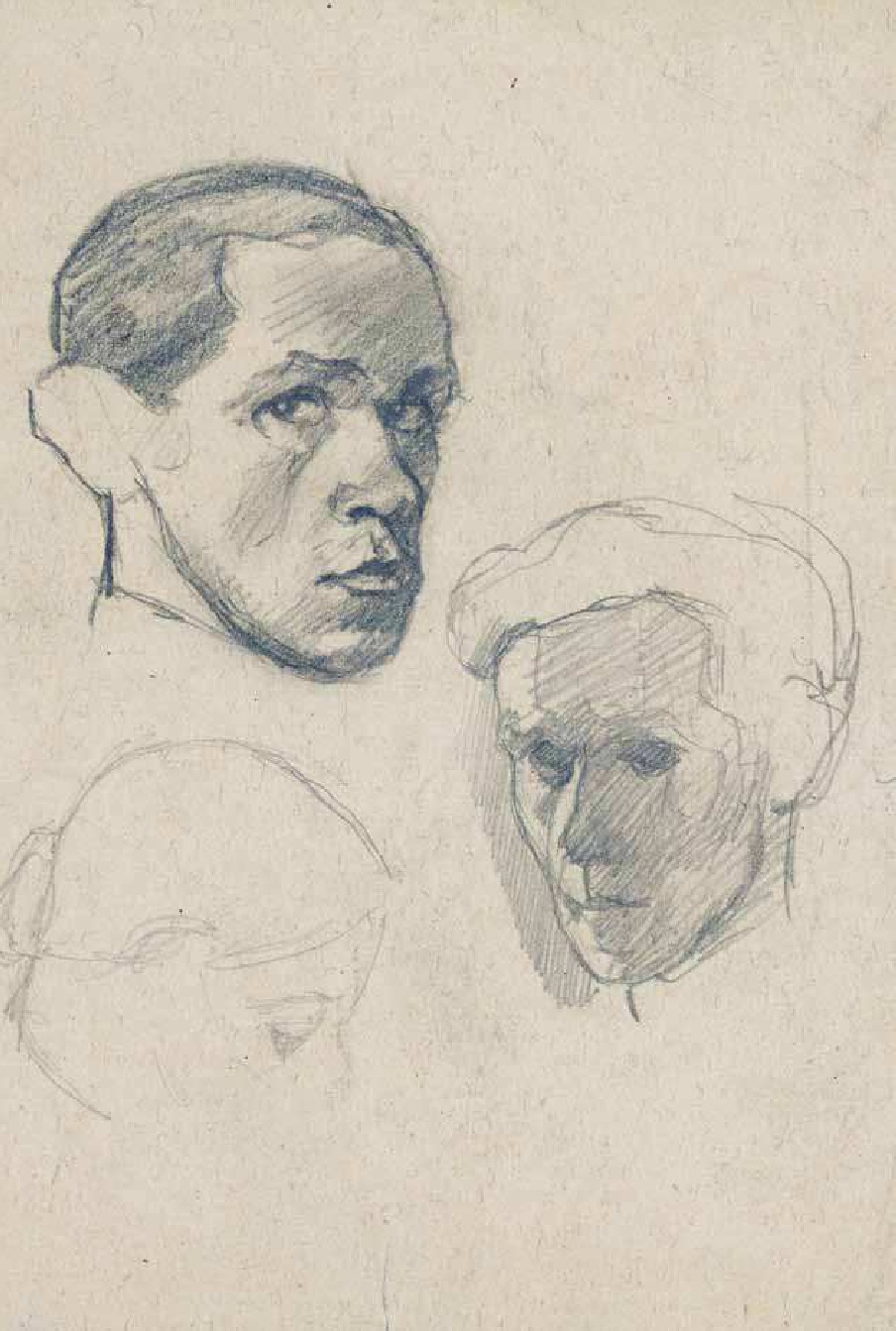Dramaturgiczna funkcja muzyki w Demiurgosie Juliusza Łuciuka
DOI:
https://doi.org/10.26881/sf.2017.09.14Abstrakt
So far the first opera inspired by the work of Bruno Schulz, Demiurgos by Juliusz Łuciuk, has been performed only as a concert. Its libretto is based on the selected fragments of Schulz’s fiction which, in combination with music, acquires new meanings. As a result, apparently unrelated scenes contribute to a coherent dramatic narrative. Such a close relationship between the literary and the musical material calls for an analysis of relations of the language of literature and the asemantic idiom of music, which let the audience respond to the meanings imposed on music by fiction. As it turns out, the musical narration is the most important for the dramatic quality of the opera as a coherent narrative presented on stage. The music not only comments and illustrates, but also creates dramatic suspense. Thanks to various techniques of composing, a unique dialog between the word and the music results in a new narrative rooted in the reality of Schulz’s stories.
Downloads
Bibliografia
Łuciuk Juliusz. 1996. Demiurgos [płyta CD]. Warszawa: DUX Recording Producers.
Mickiewicz Adam. 1955. Dziady. Część III. W Dzieła. T. 3. Warszawa: Czytelnik.
Paczkowski Szymon. 1994. „O racjonalistycznych podstawach muzycznej teorii afektów w świetle filozofii Kartezjusza”. Barok I/ 1.
Szlagowska Danuta. 1998. Retoryka. W Muzyka baroku. Gdańsk: AM.

 Uniwersyteckie Czasopisma Naukowe
Uniwersyteckie Czasopisma Naukowe





